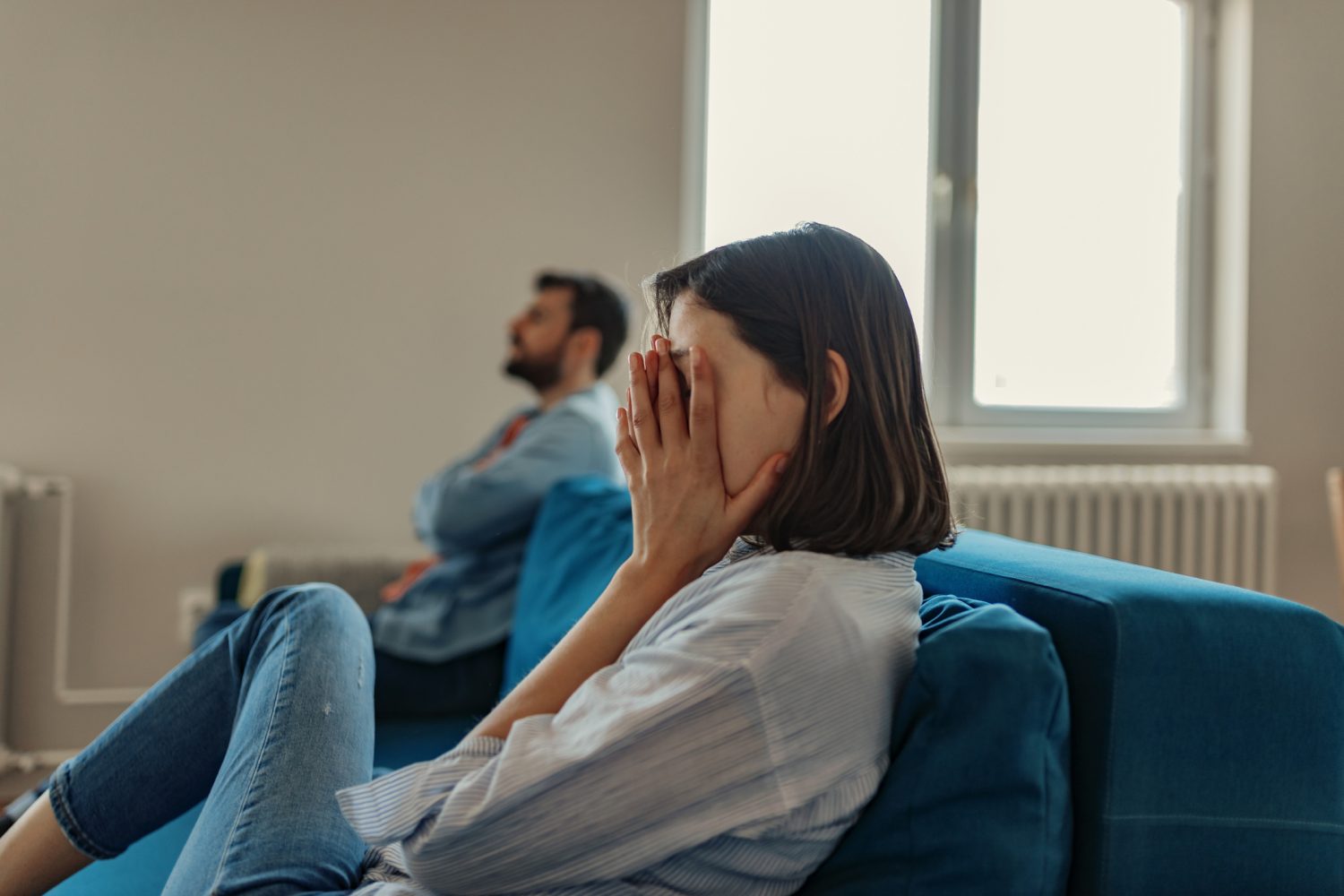
Is COVID Creating Wars in Your Relationships?
One thing is for sure, COVID is creating a lot of conflict!
Families are divided on the “do’s” and “don’ts” surroundings infection control or the governments approach.
Employees are dissatisfied with their employers decision-making.
Business partners are struggling to see eye-to-eye.
Couples are sick to death of arguing over who scores the premium work desk or who demolished the last Tim Tam.
A common misconception is to assume that conflict is driven by differing opinions.
While COVID gives rise to a new world of differing opinions and ideas, it’s not the main reason we’re all arguing.
The underlying factors which are driving an increase in conflict are actually more connected to the varying ways in which we cope and respond to adversity.
Underlying factors driving COVID conflicts
Let’s face it, COVID is pretty tough for the most part. Whether you’re feeling lonely, sick to death of being cooped up inside, financially stressed or overloaded with home-schooling and work responsibilities, COVID has a way of taking its toll on mental health, even subtly causing distress.
With any stressful life situation, we tend to revert to our default way of coping.
Now usually, the way in which you cope won’t affect others. In fact ordinarily, loved ones will provide comfort and support to help you navigate your troubles. But with COVID, we’re all facing the same problem. And given we all cope with adversity differently, this means we often aren’t seeing eye-to-eye on how to approach COVID-related issues.
For example, one partner may approach infection control with hyper-vigilance, while their counter-part may take a more relaxed approach. Or, perhaps a friend is outraged over how the government has handled COVID, while you find their response disloyal due to your fairly positive view. Or, maybe you’re avoiding your brother or sister because they’re obsessed with relaying the latest tragedies, meanwhile you’d prefer to bury your head in the sand.
The problem with a shared problem is we all cope differently.
Common coping responses to COVID
Anxious response. You or someone you know may feel overly anxious or worried about COVID. This is often seen in hyper-vigilant behaviours, which includes excessive infection control behaviours and avoiding anxiety-provoking situations, such as going to the supermarket. People who experience significant anxiety around COVID experience more than the normal nerves and may lay awake worrying about their own or loved ones’ health.
Blaming/critical response. Another common response is to react defensively through blaming or criticising others. This occurs in individuals who may struggle to tolerate their own emotional distress – instead the emotion is pushed outwards or “externalised”. This type of response can be observed when someone constantly blames others (for example, the government or work managers). You may notice people with this type of response are often angry or grumpy.
Avoidance/denial response. You or someone you know may seem strangely unaffected by to issues related to COVID. This is most probably due an avoidance or denial response, whereby the individual may avoid thinking or planning around COVID, completely ignore the issues at hand, or deny them completely (for example, by believing conspiracy theories). This type of response can be frustrating for others and seem entitled or careless. However, this type of response just reflects a non-readiness to face difficult emotions.
Rationalisation and emotional processing. This type of response is a healthy response to adversity, where an individual experiences a variety of emotions – e.g. anger, sadness and frustration – whilst grounded in reality. This type of response is seen in people who are taking the recommended precautions, but not too excessively. These individuals tend to stay informed, but continue to focus on other important life matters.
How can Peaceful Mind Psychology help during the COVID pandemic?
We are currently offering Telehealth and online therapy support during the coronavirus pandemic. Our team of psychologists based in Melbourne are all professional, warm, and understanding of the struggles people are facing in this current climate, including anxiety, depression, relationship counselling, stress and panic.
Call us today to be professionally matched to one of our Melbourne-based psychologists located in Hawthorn and Armadale. You may also like to read blog post Salvaging Your Sanity in Insane Times to improve your coping during isolation.
